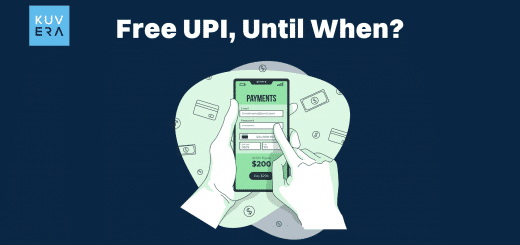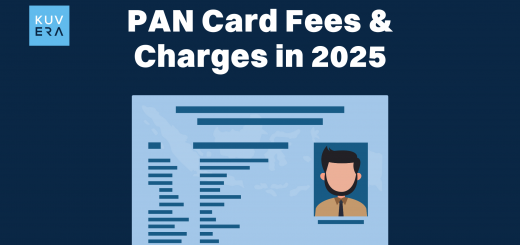The magic of compounding is such that it can make or break your financial backbone. We often talk about how small, regular investments can build you a huge corpus, should you just leave it to compound. What we don’t talk about enough is the seemingly small financial habits that eat into your savings and reduce your investing potential.
Let’s look at the top seven we spotted:
1. Put it on my card
The ease and freedom of credit cards often distract you from your financial goals. You forget that it is a form of debt. And you are probably exhausting your monthly budget, or worse, the paycheck you haven’t even received yet.
If you find yourself reaching out for credit cards at every other check out, it might be a good time to limit its usage to specific expenses. Also, keeping high balances can damage your credit score. Not only do you have to pay interest, but you could be raking up a lot of debt that can be difficult to pay off. So ensure that instead of paying minimum amount due one should always pay the full amount due.
2. Boredom spends
Stayed up till late? The food delivery apps must have special coupons for your midnight cravings. Spending hours on shopping sites? Well, how can you miss the sale! This is how most impulsive and boredom purchases happen.
While it can be a nice treat once in a while, it can be a bad financial habit if repeated. Being mindful of your money as well as your routine can help avoid such patterns.
3. Unnecessary subscriptions
How many OTT subscriptions do you have? Now, which of them do you actively use? The same goes for gym memberships, apps, and content subscriptions. It can be a good idea to review your consumption habits once in a while.
4. Living beyond your means
We are sold many things in the name of lifestyle on daily basis. The pressure to keep up appearances; to own the next trending gadget; to try out the same experiences as your peer groups, the FOMO can get to you faster than you realize. While there’s nothing wrong with tending to your wants, you also need to account for how much you can afford at the moment. Budget for these things in advance to avoid FOMO expenditures.
5. Delaying bills
Sometimes we tend to delay bills unnecessarily and don’t notice it until it has accumulated high interest or fine. The fine might seem small in amount, but by getting into such a habit, you keep adding more to it. The smart thing to do here is to automate your recurring bill payments.
6. Not having an investment discipline
Your savings can only sustain you for so long. With saving accounts your money is growing at 4% whereas inflation is already rising above 7%. So the real return of your savings is negative 3%. It means the money in your savings account is depleting every year at 2-3%. So investing is hardly optional in this scenario.
Get into the habit of SIP. Kuvera’s goal-planner helps you become a disciplined investor by tagging goals to your SIPs.
7. Making emotional money decisions
Emotions play a huge role in how we manage our finances. While one person can be ashamed of not having enough money, another can be anxious about how they spend it. These emotions influence even the most basic financial decisions like doing taxes, saving mentality, falling prey to get quick rich schemes, etc.
Did the article help you identify your poor financial habits? Let us know in the comment below and we shall be back with yet another article on how to tackle the hurdles in your financial planning.
Interested in how we think about the markets?
Read more: Zen And The Art Of Investing
Watch/hear on YouTube:
Start investing through a platform that brings goal planning and investing to your fingertips. Visit kuvera.in to discover Direct Plans and Fixed Deposits and start investing today.
#MutualFundSahiHai #KuveraSabseSahiHai! #PersonalFinance










